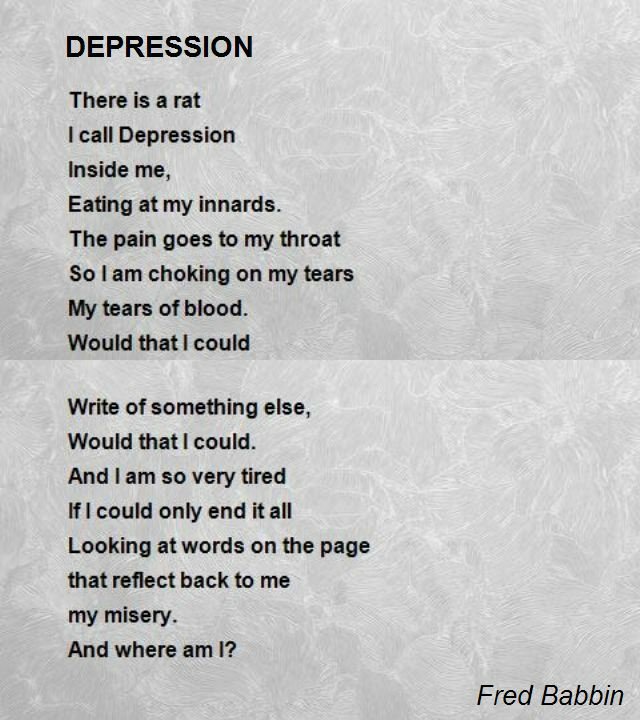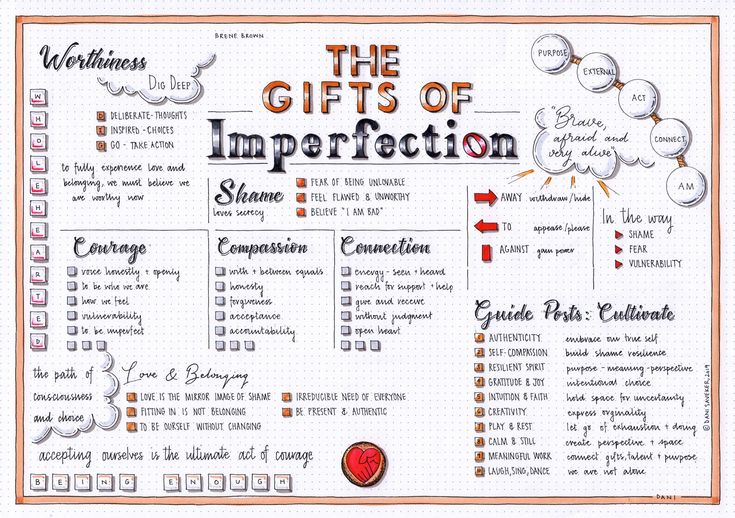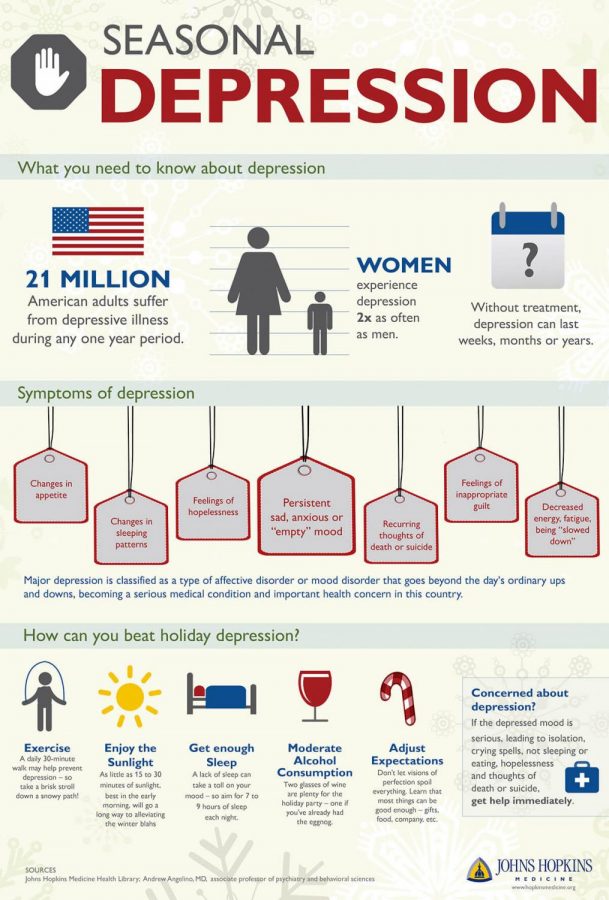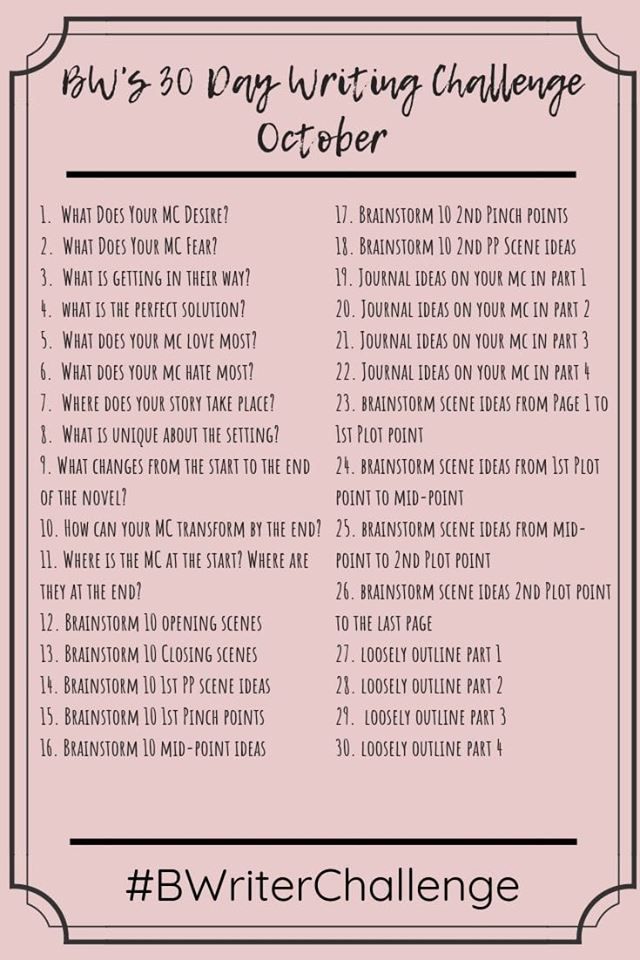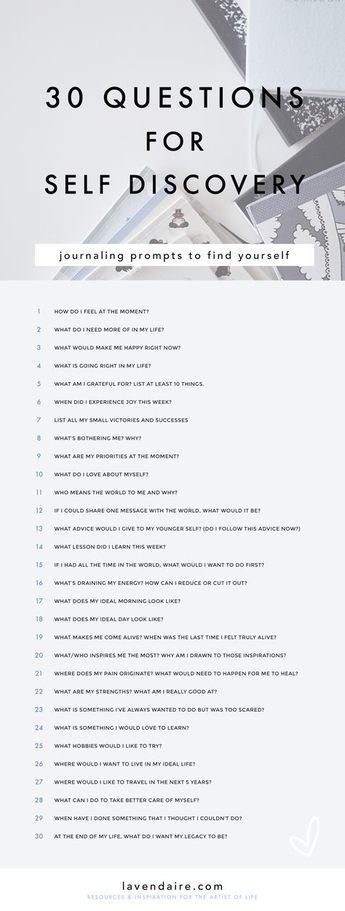How to deal with false accusations in a relationship
10 Tips To Defend Yourself Against False Accusations In A Relationship
Relationship
Last Update on August 25, 2022 : Published on August 5, 2022
There comes a time when we jump to conclusions without knowing the full story. It’s almost like a shortcut that we take to navigate difficult situations. However, this is not always accurate and any false accusations we make can go too far to hurt others around us.
Most people believe these thoughts and conclusions, although cognitive biases may be involved. So how do you handle false accusations when you’re the victim? How can you defend yourself against these false accusations in your relationship?
False accusations can break a relationship and cause heartbreak that can alter the course of future relationships. Knowing how to defend yourself against false accusations can be challenging but here are a few tips to help you prove your innocence when falsely accused.
What Do False Accusations Look Like?
APA defines false accusations as an event, “when it’s impossible to establish a clear link between actions or inactions of the accused and the damage endured by the accuser.” This definition also holds when we talk about the subsequent effects of being falsely accused.
The psychological effects of being falsely accused can be deep and leave long-lasting emotional scars on the accused.
When you’re falsely accused of, say, for example, lying to your partner, this event usually says more about your partner than you. It could be a defense mechanism from your partner’s end to mask their insecurity. Maybe you’ve been busy with other projects at work and your routine has changed, however, your partner does not understand that. Maybe they have an anxious attachment style and jump to the wrong conclusion.
This could make you stumble because you’re being falsely accused by someone who is supposed to trust you. When they go against you, it can make your self-esteem take a dip. Another effect of being falsely accused can make you feel like you’re not doing enough for your partner.
Another effect of being falsely accused can make you feel like you’re not doing enough for your partner.
This could potentially make you feel emotions beginning with anger, and hurt, ending with eventual sadness. When you’re falsely accused, it can also make you feel guilty even if you haven’t done anything.
Psychological Effects Of False Accusations In A Relationship
Here are some psychological effects of false accusations in a relationship:
1. Your Behavior Changes
One of the most common effects of false accusations is behavioral change. When you’re falsely accused in a relationship, you begin to modify your behavior to tone down the false accusations. For example, to accommodate your partner, you might begin to cut down your social behaviors to avoid being falsely accused.
2. You Begin To Hide The Truth
When you are falsely accused in a relationship, you may begin to hide the truth from your partner or outright lie to protect yourself.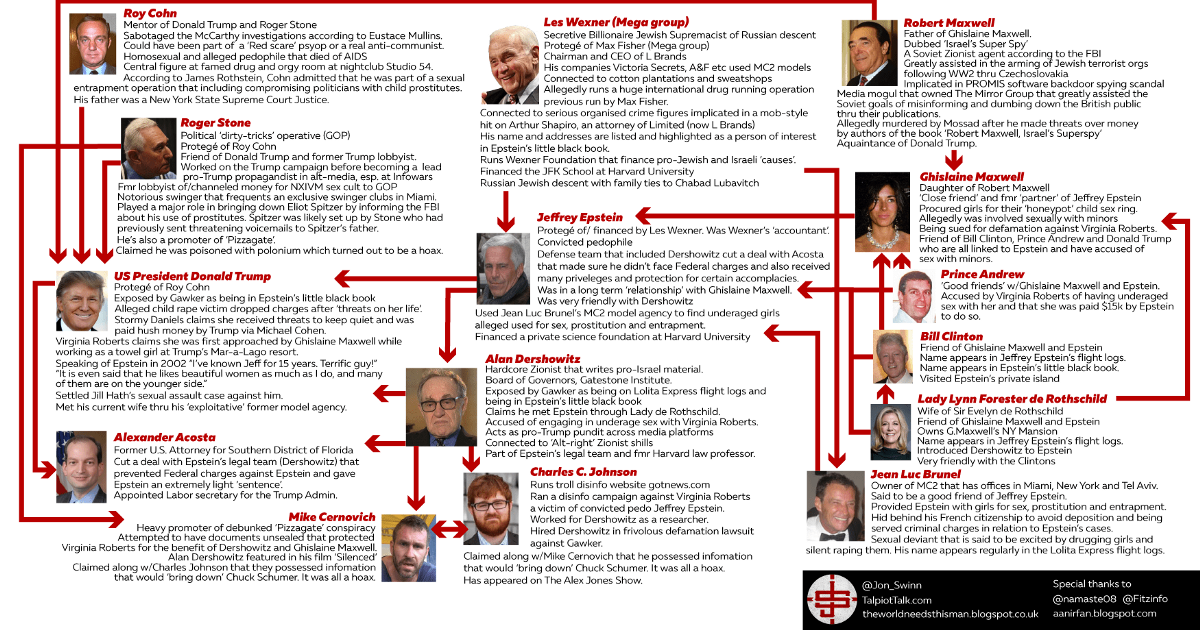 For example, if you were meeting your friends for lunch but your partner does not like that, you’d lie to them by telling them that you had taken your lunch alone.
For example, if you were meeting your friends for lunch but your partner does not like that, you’d lie to them by telling them that you had taken your lunch alone.
3. You Struggle With Anxiety
Another psychological effect of false accusations in a relationship is anxiety. When you are falsely accused, you begin to stress and learn to walk on eggshells around your partner. Since you never know what mood your partner would be in, you keep to yourself, increasing anxiety around them.
4. You Feel Frustrated
What can you feel if not frustrated when you’re constantly falsely accused of something? Being falsely accused can increase the feelings of frustration and can even make you feel drained of energy when you constantly try to justify your actions to someone who refuses to accept the truth.
5. You Begin To Doubt Yourself
If your partner is a manipulator who falsely accuses you, it can be a gaslighting attempt on their part. This practiced manipulation can make you doubt your version of reality and question yourself. This, in a relationship, can lower your self-confidence and self-identity.
This, in a relationship, can lower your self-confidence and self-identity.
What To Do When Falsely Accused?
When you’re being falsely accused of untrue events, the first step you can take is to ask for some space. This way you can avoid lashing out to your partner in anger and avoid making things worse than they already are.
Moving on from false accusations can be challenging as it destroys trust and regaining trust after that can take a long time.
However, if you’re being falsely accused in a relationship, then here are some things you can do to handle untrue accusations.
1. Take A Step Back
One of the difficult things to do when you’re faced with false accusations is not to react instinctively. Try to listen, take in what’s been said, self-reflect, and then respond. Reacting without thinking can spark arguments and only intensify false accusations. Journaling can help you process your emotions and give you some perspective.
2.
 Do Not Take The Accusations Personally
Do Not Take The Accusations Personally
I know how difficult it is to not take accusations personally but anything you’re being falsely accused of should be taken as feedback, not an attack on your person. If you take these false accusations personally, then you’ll only increase the risk of increasing the effects of being falsely accused. Try to understand where your partner is coming from. What made them jump to the wrong conclusions?
3. Recognize Your Partner’s Attachment Style
This brings us to the next point aka recognizing your partner’s attachment style. How you interact with your partner depends greatly on the attachment styles you form during childhood. If your partner has an anxious attachment style, then they will always be filled with insecurities and anxiety over abandonment. They may use false accusations as a reason to protect themselves from getting hurt.
4. Identify Your Feelings
To effectively deal with being falsely accused, you need to identify your feelings and emotions as well.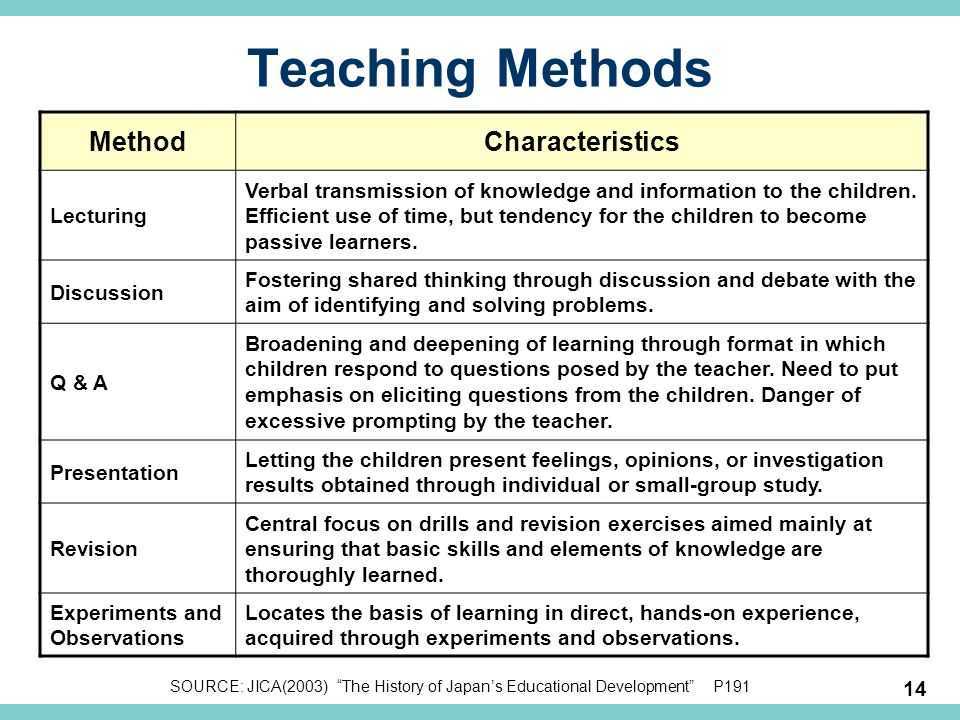 This includes being self-aware. When you have self-awareness, you understand your emotions and avoid getting sucked into negativity. Many relationships end because the partners are unable to handle the emotional damage false accusations leave behind.
This includes being self-aware. When you have self-awareness, you understand your emotions and avoid getting sucked into negativity. Many relationships end because the partners are unable to handle the emotional damage false accusations leave behind.
5. Communicate With Your Partner
Falsely being accused of something you didn’t do can be difficult but talking to your partner about their words can help. Communicating with your partner means helping them and yourself figure out what went wrong and how to fix it. Calmly understand their views before sharing your thoughts. You can take you and your partner away from the confrontation and talk about your mutual needs to fix what’s wrong.
6. Try To Understand Their Perspective
When you’re blamed for something you did not do, it can make things so much harder than they are. You can go around beating yourself for something you didn’t do but it won’t help. Here, you can try to understand your partner’s perspective and reframe your views according to your partner’s perspective. What drove them to word these accusations? What can you do to help them change their perspective?
What drove them to word these accusations? What can you do to help them change their perspective?
7. Set Some Boundaries
Remember, false accusations can arise when there’s an apparent lack of boundaries in a relationship. Can someone, even a partner, accuse you of something rather than asking questions and clearing whatever misunderstandings there are? With the right boundaries, you can make sure that your partner understands and values your time and your trust. Without healthy boundaries, there can be no trust.
8. Seek Support From Friends Or Family
When things go wrong, you can always seek support from your friends and family. Your friends and family can give you a reality check and assure you that you are not guilty but innocent of whatever you’re being falsely accused of. These people are the support system that you can lean on whenever confusion clouds your judgment.
9. Respond, Don’t React
Learn to respond and not react when you’re falsely being accused of something in a relationship.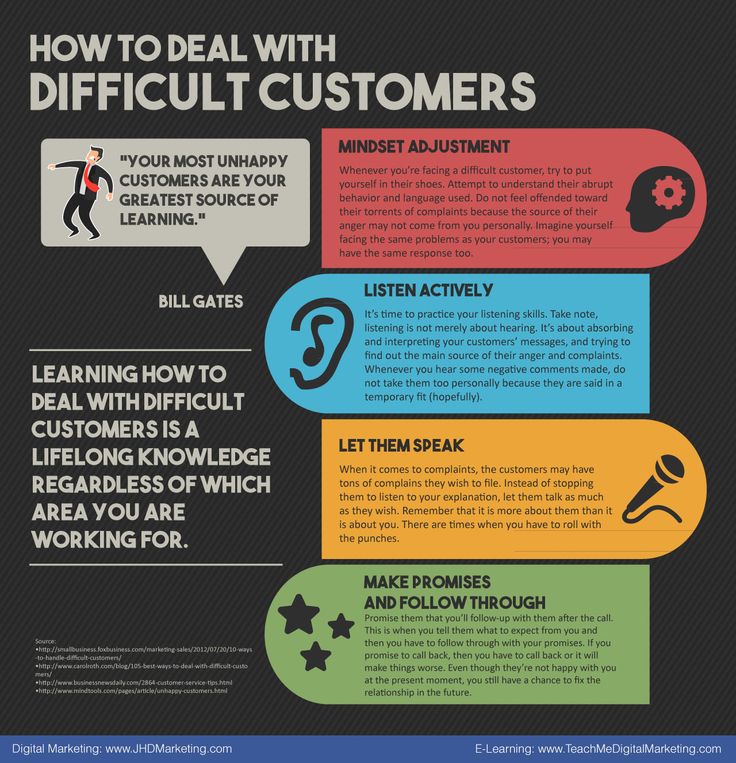 Be calm and learn to manage your emotions. Remember, unregulated emotions can make you lash out with anger and escalate the situation for the worse. When you learn how to respond and not react, you can pause and help understand your partner’s perspective better, and then respond by proving your innocence.
Be calm and learn to manage your emotions. Remember, unregulated emotions can make you lash out with anger and escalate the situation for the worse. When you learn how to respond and not react, you can pause and help understand your partner’s perspective better, and then respond by proving your innocence.
10. Seek Professional Support
In a relationship, false accusations can cause a dip in your self-esteem and self-confidence. It can make you doubt yourself more. That’s why it is important to recognize your emotions so they don’t surprise you or overwhelm you. You can learn this by seeking professional help. Therapy approaches such as Acceptance and Commitment Therapy (ACT) can help.
Book Your Therapy Appointment Here
In Conclusion…
Defending yourself against false accusations in a relationship can depend largely on your circumstances and how you fight for your relationship. To handle being falsely accused, take a pause, understand your emotions, and then respond calmly to prove your innocence when falsely accused.
Try journaling, reframing your perspective, and communicating with your partner. You can also reach out to your support system or seek professional help if you need additional support. Either way, you can defend yourself against false accusations with the right steps.
For more, you can connect with us at [email protected] or DM us on social media. You can also share your thoughts with us in the comments section below!
Take care!
How to Handle False Accusations in a Relationship
In This Article
Our brains are designed to judge others. It’s a beneficial skill because it helps us take shortcuts to navigate this world. But it is not always accurate and can go too far. It is why some have to deal with the devastating psychological effects of false accusations in a relationship.
Most people believe their thoughts and conclusions, although their biases often distort them.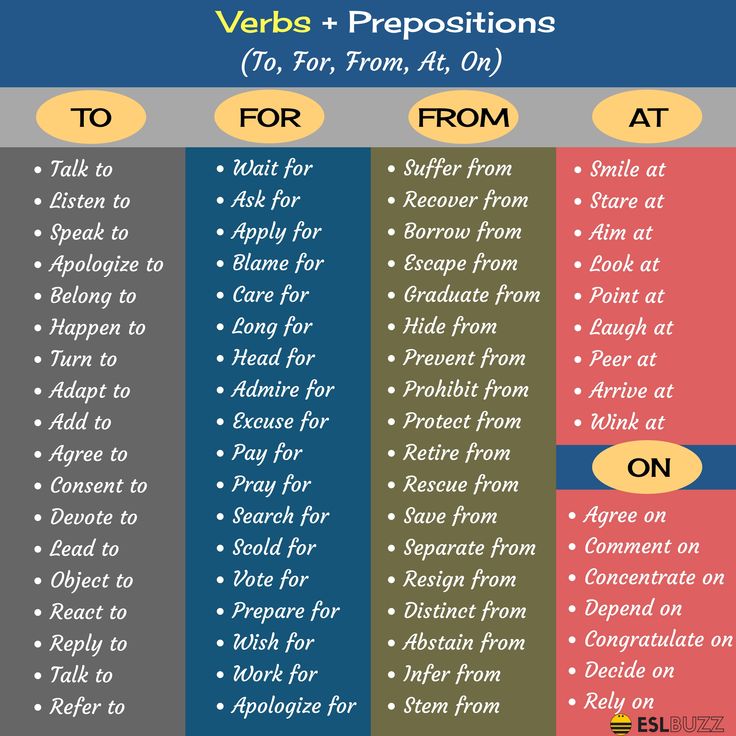 So, how does all this work when you’re the victim of distortions? How does one deal with false accusations and allegations?
So, how does all this work when you’re the victim of distortions? How does one deal with false accusations and allegations?
An article published after the 1999 American Psychological Association Convention defines false allegations as “when it is impossible to establish a direct and clear causal link between actions (or inactions) of the accused and damage sustained by the accuser’.
The same concept applies to the effects of false accusations. Essentially, is there a direct link between the accusations and the accused’s behaviors or words? If not, then the psychological effects of false accusations in a relationship can be huge, depending on the size of the accusation.
Sadly, constant accusations in a relationship usually come from the accuser’s way of seeing the world if the accusations aren’t true.
For example, do they come from a place of anxiety or a general mistrust of the world? Of course, this doesn’t excuse accusations in a relationship, nevertheless, it does help put them in context to gain some sanity when you’re the accused.
When we are accused of lying in a relationship, this usually says more about the other person than ourselves. It can be a defense mechanism to mask deep insecurity in some cases. Although, sometimes it’s simply jumping to the wrong conclusions because the mind tends to make everything about us.
So, perhaps you’ve been unusually busy at work so your routine has changed. A securely attached person would be supportive. On the other hand, an anxiously attached person would start thinking you don’t like them anymore. This tendency to be all about ‘me’ can push them to conclude that you’re cheating.
The reason the psychological effects of false accusations in a relationship are so huge is that the one person who’s supposed to trust you the most in the world suddenly goes against you.
There is a range of ways a person can go against you. These include accusing you of not prioritizing the kids or fabricating lies about what you do or don’t do around the house.
Another one of the psychological effects of untrue accusations is when you’re accused of not doing enough for your partner. So, for example, do they expect you to drop everything when they say so? What about demanding that you ignore your friends and family to be with them 24/7?
Then, there’s the other side of the psychological effects of false accusations which is how you feel. The emotions you’re going to get will most likely start with anger, followed by hurt and sadness.
Accused people often also feel guilt even if they haven’t done anything. This is because we love that person and we feel terrible for them being in pain.
What to do when being falsely accusedWhen you receive accusations in a relationship, the first thing to do is to get some space. That way you can reduce the chances of lashing out in anger which only makes things worse. Regardless, you still have to find ways to cope with being blamed for something you haven’t done.
Interestingly, a study shows that anger or silence after being accused of cheating when innocent, actually makes others believe you’re guilty. Moreover, fabricating accusations can give someone a sense of power or control over you. In response, it’s natural to feel hurt and even helpless.
In the extreme cases where you’re falsely accused of domestic violence or other harassment, you’ll probably have to get a good lawyer. They will then ask you to gather evidence to prove your innocence. As you can imagine, this isn’t easy and can become a game of he said/she said.
Court cases are another aspect of the psychological effects of false accusations in a relationship. Now, everything is public and everyone will start judging you. That’s why it’s usually better to try to mediate the issue yourself with some of the following suggestions.
10 ways to manage false accusations in a relationshipFalse accusations destroy relationships because it’s tough to rebuild trust afterward. Moreover, the psychological effects of false accusations in relationships can take a long time to heal from.
Moreover, the psychological effects of false accusations in relationships can take a long time to heal from.
Nevertheless, sometimes you can recover from being accused of lying in a relationship using the tips mentioned here:
1. Take a step backOne of the hardest things to do when faced with constant accusations in a relationship is not to react. First, listen and take it in but then, find time to self-reflect without being overly pessimistic.
An excellent way to reflect on the false accusations is to journal about the dynamics of the relationship and the part you think you might be playing.
Journaling is a powerful tool to help you process your emotions while giving you some perspective. This isn’t about excusing the accuser but about reducing the psychological effects of false accusations in a relationship. If you don’t offload them somehow, the negative thoughts swirling around your mind will drive you crazy.
2. Don’t take it personallyAny kind of feedback, whether positive or something as extreme as being accused of cheating, should be treated with a pinch of salt when you are innocent. No one can provide utterly unbiased feedback. That’s because the mind always shows the world through specific filters and biases.
No one can provide utterly unbiased feedback. That’s because the mind always shows the world through specific filters and biases.
Naturally, it’s hard not to take accusations personally but if you do, you’ll only amplify the psychological effects of false accusations in a relationship. Instead, try to view the world from your partner’s view.
What exactly are they insecure about? Have you recently changed anything in your behavior that could cause them to jump to the wrong conclusions?
Again, this isn’t about excusing the act, but it is to help you respond to false accusations in a relationship more wisely. If you can understand where the accusation comes from, you can perhaps reassure your partner if you care about the relationship.
Related Reading: How Seeing Things From Your Partner’s Perspective Can Boost Your Love3. Understand your partner’s attachment style
How we interact with our caregivers as children predicts how we relate to people in romantic relationships. For instance, someone anxiously attached will find it difficult to trust the world, including those they love. This makes it easier for them to jump to the wrong conclusions about situations.
For instance, someone anxiously attached will find it difficult to trust the world, including those they love. This makes it easier for them to jump to the wrong conclusions about situations.
You may simply want to enjoy your alone time but your anxious partner assumes they’re losing you. As part of their twisted defense mechanism, you then find yourself responding to false accusations in a relationship.
Related Reading: How Attachment Styles Affect Relationships4. Connect with your feelings and emotions
How to deal with false accusations in a relationship takes self-awareness and self-regulation.
The key to developing self-awareness is to ask ourselves what causes us to feel certain emotions. The danger with asking why we feel a certain way is getting sucked into our negativity.
The psychological effects of false accusations in a relationship often include guilt when we’re innocent. A 2013 study shows that innocent guilt happens because one feels guilty despite being innocent. That’s often why false accusations destroy relationships because they are emotionally painful to deal with.
That’s often why false accusations destroy relationships because they are emotionally painful to deal with.
That’s why it’s essential to step back and acknowledge your emotions so that you can let them go rather than bottling them up. Mindfulness is often quoted as a powerful technique to do this.
If you want more details about mindfulness, have a look at this TED talk:
Related Reading: How To Connect Emotionally With Your Partner5. Non-violent communication
Dealing with the psychological effects of false accusations in a relationship means communicating with your partner. Our ruminating minds only worsen the pain of being falsely accused. That’s why it’s best to talk calmly with your partner to understand their point of view before sharing yours.
The non-violent communication framework is a powerful technique for couples. It’s a simple tool that allows you to step back and remove blame from the conversations. The framework also makes it easier for you to stick to facts and your own needs.
It’s a simple tool that allows you to step back and remove blame from the conversations. The framework also makes it easier for you to stick to facts and your own needs.
Related Reading: Adopting Non-Violent Communication in Relationships6. Try to reframe things from their viewpoint
Trying to cope with being blamed for something is made that much harder by our minds. We either go round and round in circles over the same situation or we beat ourselves up for something we haven’t done.
Instead, soften the psychological effects of false accusations in a relationship by reframing things from your partner’s point of view. What pain or fear is driving those accusations? Can you do anything to reduce them?
7. Establish boundariesIt’s always worth remembering that the psychological effects of false accusations in a relationship come from a lack of boundaries. Is it acceptable for someone to falsely accuse you of something rather than simply ask you questions about changes in routine or behavior?
Perhaps there’s something to learn from this situation about how you set boundaries? Without boundaries, there can’t be trust so where did things go wrong?
Related Reading: 10 Personal Boundaries You Need in Your RelationshipCheck-in with family and friends
It’s easy to lose yourself in the psychological effects of false accusations in a relationship. So, a good grounding exercise is to check in with friends and family. Sometimes we need them to give us a reality check that we’re not this awful person our partner thinks we are.
So, a good grounding exercise is to check in with friends and family. Sometimes we need them to give us a reality check that we’re not this awful person our partner thinks we are.
You have a choice when dealing with the psychological effects of false accusations in a relationship. One option is to save the relationship and the other approach is to walk away.
Walking away is obviously a tough decision but the best way to know what you want is to let your values guide you. If you don’t know your values, find out what they are by a little introspecting.
Then, does your partner have the same values despite their personal baggage? If so, you already have a common ground to work with. If not, perhaps this is your opportunity for new
Adventures.
Related Reading: How To Know What You Want in a Relationship?9. Respond calmly
The most important part of managing the psychological effects of false accusations is to remain calm. Learning to manage our emotions and respond calmly takes practice and usually involves a guide such as a therapist or a coach.
Learning to manage our emotions and respond calmly takes practice and usually involves a guide such as a therapist or a coach.
An expert will support you in getting to know your habitual thinking patterns and when you tend to react. With time, you’ll learn to pre-empt those moments so that you can pause and respond more wisely.
Relate Reading: How to Deal With an Angry Partner10. The impact of being falsely accused
False accusations in a relationship can give rise to a loss of confidence. This can then lead to a loss of identity as you start doubting yourself more and more.
Furthermore, it’s almost as if you enter a whirlwind of distorted reality as others may start siding with your partner. Subsequently, your mental health may be at risk.
That’s why it’s so important to get to know your emotions and distance yourself from them, so they don’t overwhelm you.
Most of us believe our thoughts and emotions. Nevertheless, as Acceptance Commitment Therapy tells us, we are not our emotions and suffering often happens because we attach ourselves to our emotions and thoughts.
Nevertheless, as Acceptance Commitment Therapy tells us, we are not our emotions and suffering often happens because we attach ourselves to our emotions and thoughts.
Instead, we need to practice distancing ourselves from our thoughts using various techniques, including mindfulness. That way, you’ll lessen the psychological effects of false accusations in a relationship.
An approach commonly used is to tell yourself, “I am experiencing anger/sadness / etc.” It sounds simple, but with time, your mind starts paying less attention to the emotions than when it tells you, “I’m angry/sad/ etc.” So, gradually, the emotions lose some of their impact on you.
ConclusionHow to deal with false accusations in a relationship depends on your circumstances and how willing you are to fight for the relationship. Whatever you decide, make sure you take a pause, manage your emotions and respond calmly. This will allow you to limit the psychological effects of false accusations in a relationship.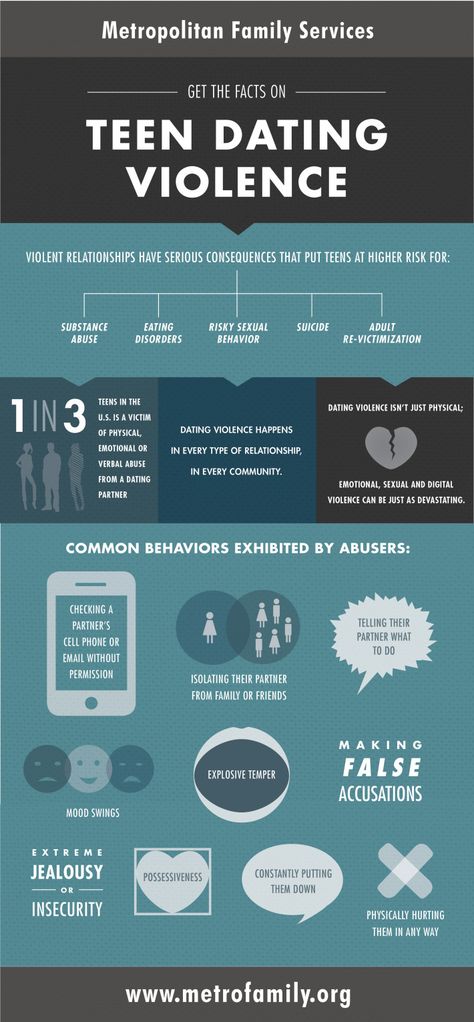
Techniques such as mindfulness and reframing things from your partner’s viewpoint can help you do this. Another important aspect is engaging in mature communication as well as setting boundaries. Alternatively, you can see a therapist to guide you through those steps to determine the best course of action for you.
Either way, it’s a journey and you’ll learn a little bit more about yourself and about other people which will set you up for a more resilient future.
How to deal with false criminal charges in UAE courts
UAE False Accusations and Accusations Law
False Charge Criminal Case in UAE
Unfortunately, the court can charge you and even find you guilty of a crime or crimes you did not commit. You can be falsely accused of any crime, including murder, assault, rape, theft, and arson. Typically, false accusations involve misidentification, malicious accusations, misleading or incorrect forensic evidence, and other forms of misconduct.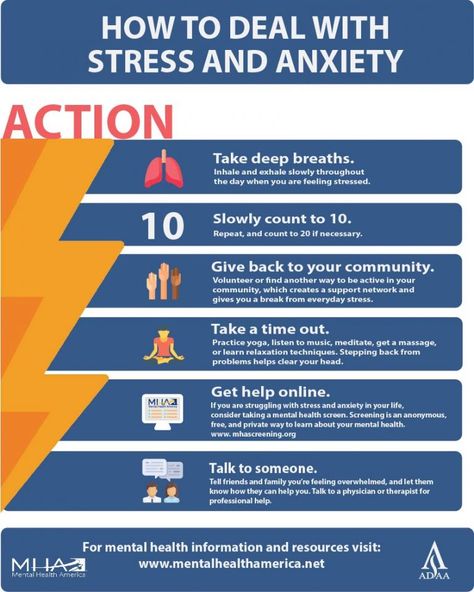 nine0005
nine0005
Regardless of the reason for false accusations, it can leave you feeling hopeless and desperate. As a rule, your life, including your work, family life and reputation, is at risk. In addition, you face jail time, large monetary fines, and other penalties for things you didn't do.
Worse still, there is usually no clear evidence to disregard allegations in cases or situations where false allegations are common, including cases of domestic violence and sexual harassment in the workplace. Basically, you may need more than the truth when you are fighting false criminal charges. nine0005
In addition to hiring a qualified and experienced criminal defense attorney, there are several steps you can take to protect yourself when faced with false allegations.
Steps or strategies you can use to deal with false accusations include:
a) Challenging the credibility of the accuser/witness
something at your expense by lying to the court. From separated spouses seeking child custody or spousal support to abusive employees seeking compensation for false workplace harassment, there is usually a chance of lying in false accusations. nine0005
From separated spouses seeking child custody or spousal support to abusive employees seeking compensation for false workplace harassment, there is usually a chance of lying in false accusations. nine0005
You should seek to hold the witness accountable as one of the strategies for dealing with false accusations. The impeachment of a witness involves the presentation of evidence that casts doubt on the accuser's credibility. Typically, the accuser/witness may have a history of lying. You and your lawyer must present evidence that makes them unreliable in the eyes of the court.
Challenging the accuser's credibility by showing that they have ulterior motives in making false accusations against you can help prove your innocence. nine0005
b) Collect as much evidence as possible
In addition to showing the court that the accuser was not entirely truthful in his accusations, you need to collect evidence to support your version of the story. You should not expect the prosecution or judges to question the credibility of a witness' testimony without any evidence to back up your claims.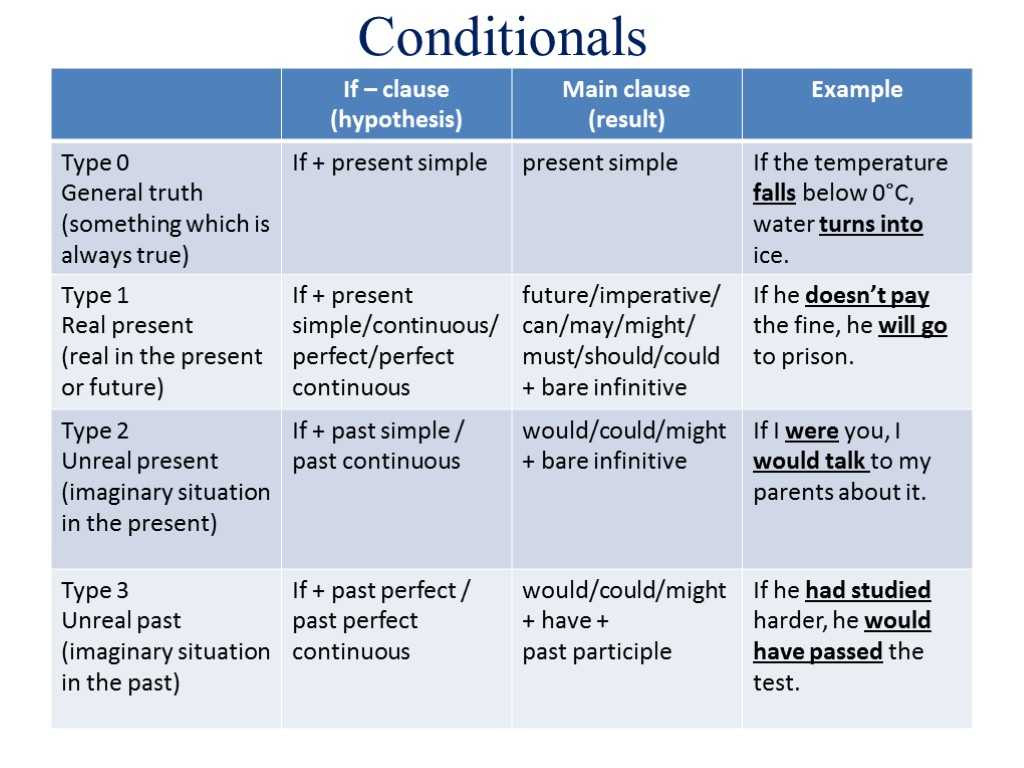
Since there are two sides to every story, you need to support your version of the story by presenting your evidence. You must acknowledge the seriousness of the allegations and begin collecting physical evidence, including documentation, as soon as you become aware of the allegations. nine0005
For example, in the case of a false allegation of sexual harassment in the workplace, you should collect any evidence that can help you, including receipts, emails, and other forms of correspondence or information. If necessary, you must have witnesses who can vouch for you and your innocence by testifying to the wrongdoing or ulterior motives of the accuser.
c) Counterclaim for defamation or defamation
You can turn the case on its head by filing a counterclaim against your accuser for defamation or slander. One strategy for dealing with a false accusation is to intervene before the charges go to court, including threatening to counter-sue the accuser.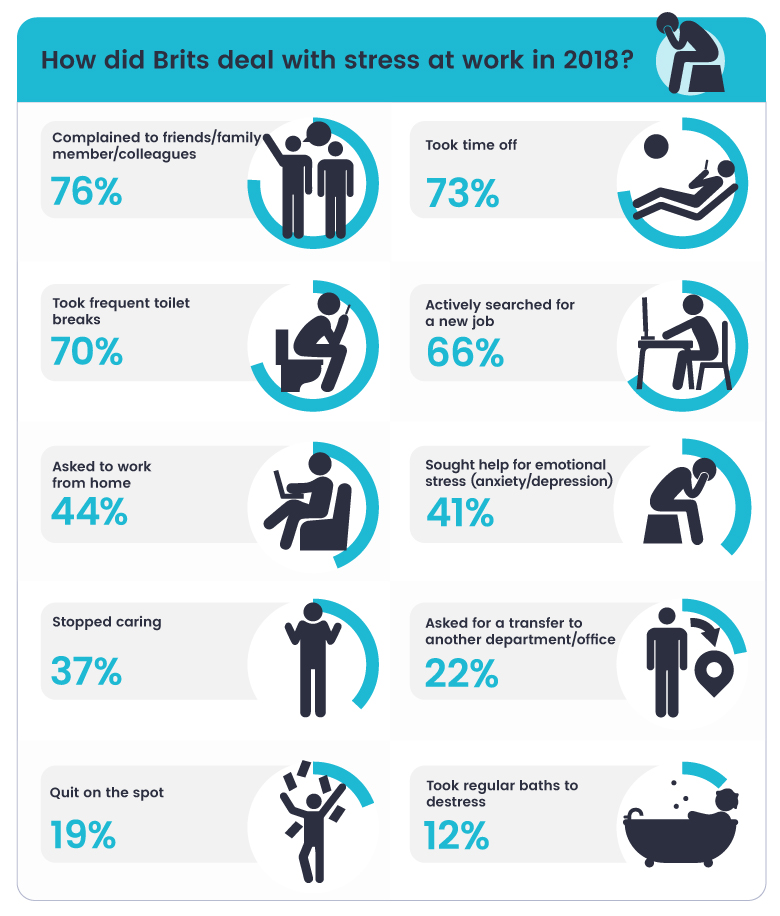 Because false accusations are illegal, you should counter-sue the accuser if they don't drop the charges.
Because false accusations are illegal, you should counter-sue the accuser if they don't drop the charges.
Most often, false accusations are serious accusations that can completely ruin a person's life, so you need to do everything possible to protect yourself, including filing a counterclaim with the accuser. However, as with other strategies, you may need to hire an experienced criminal defense attorney to help you rebut the allegations. nine0005
Why do you need a lawyer or a local lawyer in the UAE when you are accused of a false crime
Whether the case is under investigation or the court formally charged you with false accusations, you need to protect your rights. In addition to the seriousness of the accusations and the complexity of the criminal law system, false accusations can be disorienting.
You may find yourself behaving in a way that further complicates your case, including negotiating with or even abusing the accuser. You can also consent to police searches or provide prosecutors with relevant information without your lawyer. nine0005
nine0005
You need the support and guidance of an experienced lawyer at every stage of your case to help you make the right decision. The lawyer will also help you collect the necessary evidence and, if necessary, file a counterclaim against the accuser. Generally, a criminal defense attorney can help you prove your innocence, even when all seems lost.
If you have been falsely accused of a crime and feel hopeless, contact our experienced criminal defense lawyers. We will protect your rights as we help you get on with your life despite a troubling experience. nine0005
Hire a specialized criminal defense attorney
The UAE constitution has strong laws that protect you from being wrongfully accused of a crime. Prevent jail time by defending your case against allegations of fraud, sexual assault, traffic violations, criminal damages, crimes against women, and even murder. Get help with false charges or other criminal charges in Abu Dhabi, Dubai and across the UAE.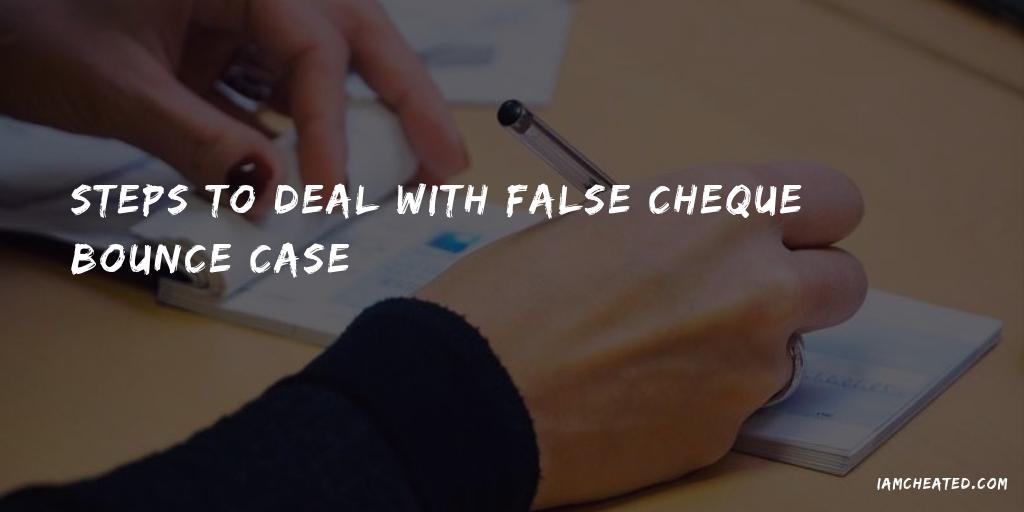 Our experienced criminal lawyers and lawyers have extensive knowledge of the UAE False Accusations and Allegations Law and provide legal representation in all criminal cases.
Our experienced criminal lawyers and lawyers have extensive knowledge of the UAE False Accusations and Allegations Law and provide legal representation in all criminal cases.
If you or someone you love has been falsely accused of a crime in the UAE, you need a lawyer. If you need legal assistance, please contact Amal Khamis Attorneys and Legal Advisors (UAE Lawyers) Dubai.
We are one of the specialist and best criminal law firms in Dubai providing legal advice on criminal law, business, family, real estate and litigation. We can help you fight false accusations and build your defense. nine0005
Call us now to schedule an appointment and legal consultation with our specialized criminal defense attorneys at +971506531334 +971558018669
7 Rules for Surviving a Paranoid Relationship
44,207
Man and Woman Relationship Crisis
If a partner has paranoid tendencies, they can wax and wane over time. But they will always be the "background" of the relationship. Paranoia manifests itself as a desire to maintain control at all costs. In a romantic relationship, this usually means that the partner can collect information about you, interrogate you, search you, track your movements, set traps, accuse you of lying, examine the contents of your phone and computer. nine0005
But they will always be the "background" of the relationship. Paranoia manifests itself as a desire to maintain control at all costs. In a romantic relationship, this usually means that the partner can collect information about you, interrogate you, search you, track your movements, set traps, accuse you of lying, examine the contents of your phone and computer. nine0005
This behavior does not seem strange to him, and he may even try to convince you that his actions are quite reasonable and justified. Do not be deceived - he is only trying to get rid of his anxiety at your expense.
It is impossible to know everything that happens in the life of another person, to the details, and who needs it? Do you really want to know how many times your partner went to the toilet, or find out that he thinks your mother is a bitch, or listen to a story about how the waiter broke a plate during dinner? Of course not. Therefore, we evaluate what information is worth sharing. nine0005
Such people endlessly think over every little thing - seeming insults, deceptions that actually did not exist.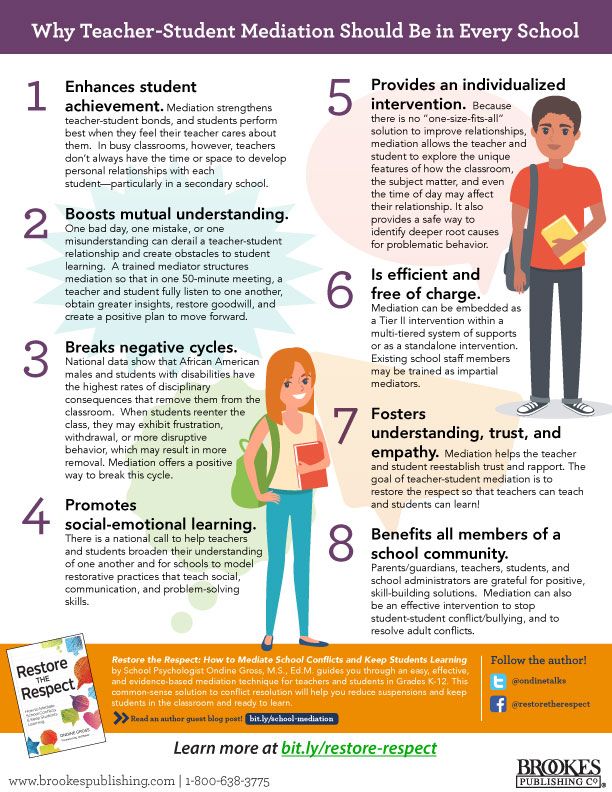 What they consider to be facts is often just a figment of their imagination. Paranoia has a very negative effect on the physical and mental health of both partners. If a loved one suffers from excessive suspicion, but you love him and do not want to leave, here is what you can do:
What they consider to be facts is often just a figment of their imagination. Paranoia has a very negative effect on the physical and mental health of both partners. If a loved one suffers from excessive suspicion, but you love him and do not want to leave, here is what you can do:
Do not give up your feelings and experiences under the pressure of your partner's suspicions, remember that you are right00951. Be direct about your desire for a healthy relationship. Discuss the topic in such a way that the partner does not feel threatened or aggressive: tell us about your feelings, about the actions that caused the discord, about the fact that you want to normalize and develop relationships. You may have to be a broken record for a while, repeating over and over again that baseless accusations and constant surveillance are detrimental to your mental health and well-being.
2. Seek help from a psychologist.
nine0024 Couples therapy can be effective in overcoming the negative effects of one partner's paranoia. Suggest seeing a family therapist. Given the distrust that always accompanies paranoia, the first few sessions can be very difficult. Because of their suspicion, the partner may be distrustful of the very idea of therapy.
It is important to take your time, give the partner the opportunity to get to know the therapist better and talk about their experiences at a pace that is comfortable for him. Do not give up your feelings and experiences under the pressure of your partner's suspicions, remember that you are right. Remember that his unhealthy ideas have nothing to do with reality. nine0005
3. Never plead guilty if you are innocent. Do not accept false accusations. I have worked with one couple in which the husband, after endlessly abusive interrogations by his wife, "confessed" that he had kissed another woman when he had not actually done so. According to him, he just wanted to stop asking questions and decided that this would be the easiest way to achieve this.
Unfortunately, his confession only further inflamed his wife's suspicions and she eventually filed for divorce. nine0005
4. Remember to take care of yourself. Find a way to relax and relieve emotional tension: yoga, sports or physical education, breathing exercises help a lot. A healthy diet is very important. If you develop depression or an anxiety disorder due to relationship problems, more serious treatment may be needed.
5. Ask someone you trust for support. This could be a friend, colleague, psychotherapist. Having someone who can listen without judgment and take your concerns seriously will bring relief and help you stay balanced as you work through the problems that have accumulated. Paranoid partners often feel very lonely: shame does not allow them to talk about what is really going on in the relationship. Unfortunately, this only exacerbates their isolation. nine0005
6. Take a break from the relationship. This will allow you to think things over calmly, without rushing.
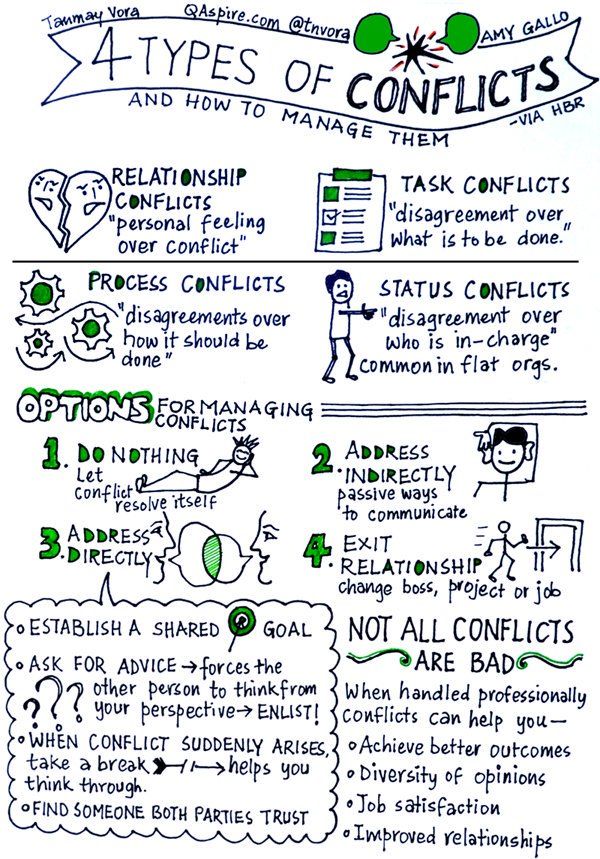
Learn more



